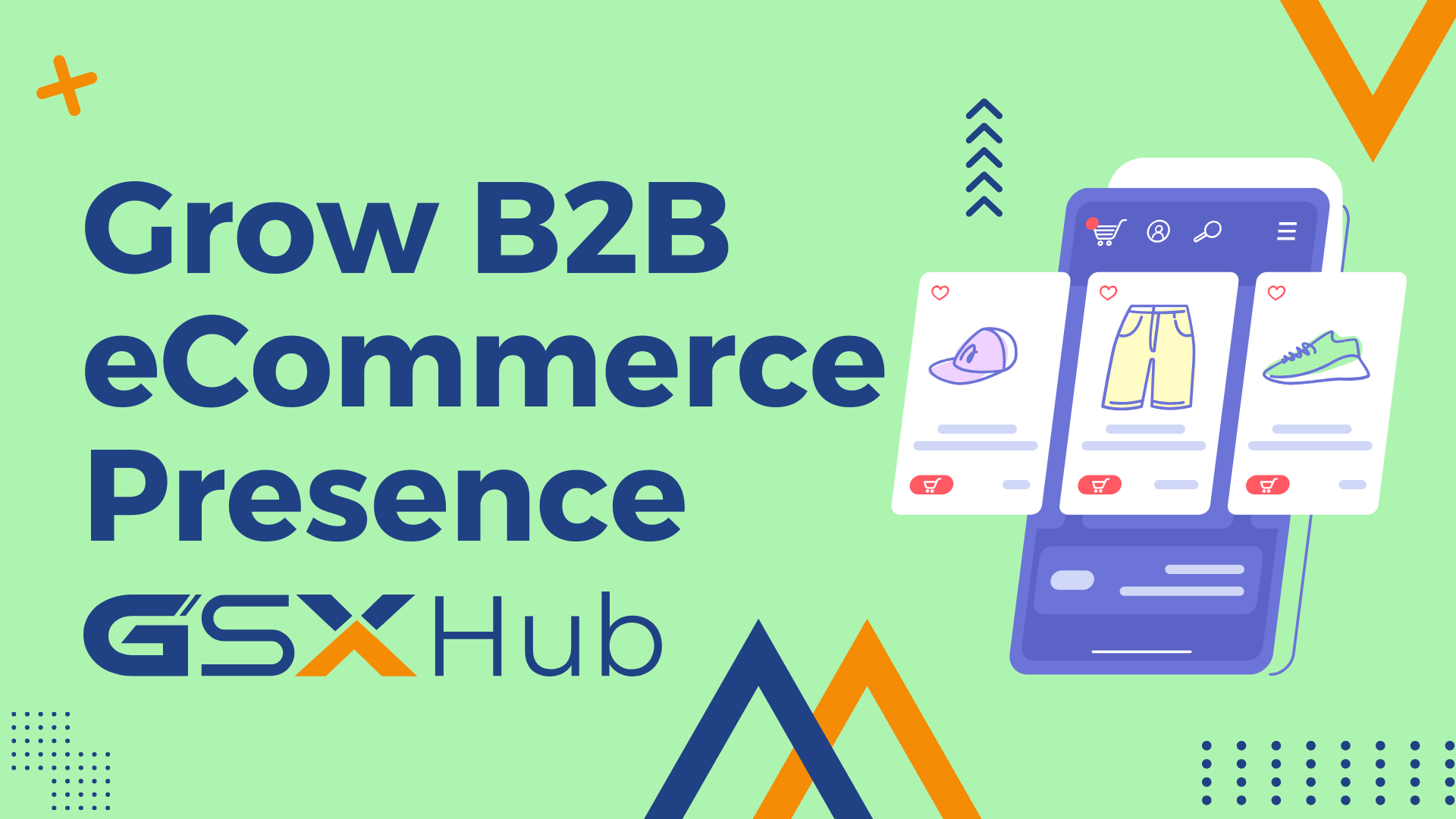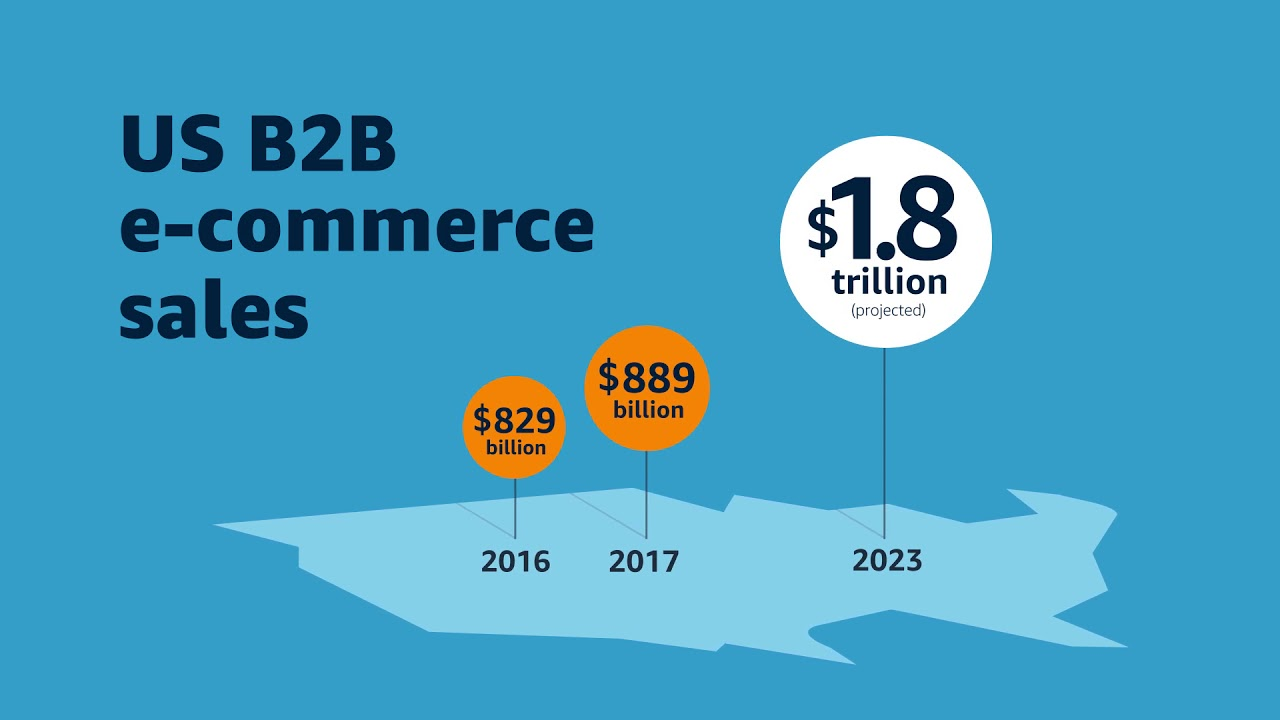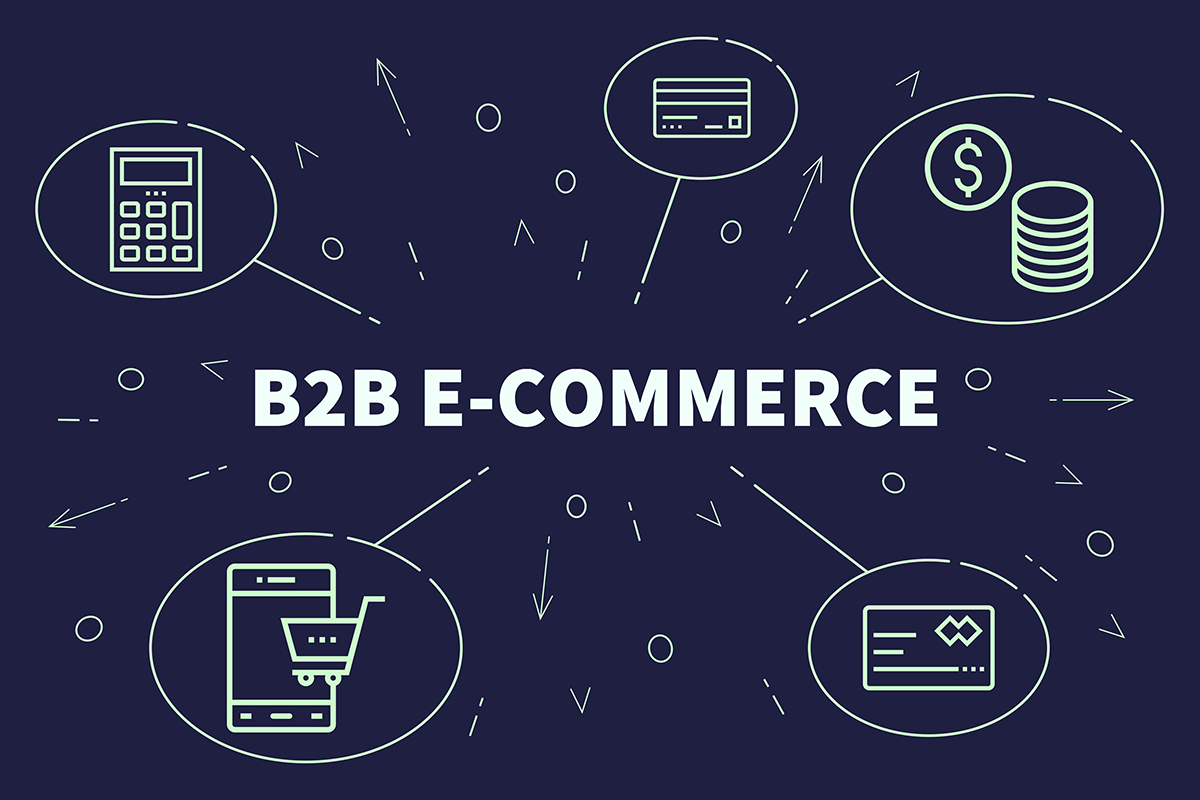
B2B eCommerce Marketing Tactics
Successful B2B e-commerce operations rely heavily on a well-defined marketing strategy, a pivotal component for GSXHub in enhancing B2B e-commerce conversions. The primary aim of B2B e-commerce involves broadening customer reach while simultaneously reducing service costs. Achieving this necessitates the utilization of tools and methodologies geared toward transforming website visitors into active buyers.
The complexity arises when seeking answers to running a profitable B2B e-commerce business while implementing a strategy to maximize profits. If this challenge resonates, GSXHub is here to assist. This article outlines the most effective tactics in B2B e-commerce, presenting actionable insights to be the frontrunner in their implementation.
Understanding B2B E-commerce
B2B e-commerce involves the online exchange of goods and services between businesses, distinguishing itself significantly from the direct-to-consumer model of B2C transactions. It encompasses transactions between manufacturers, wholesalers, and retailers through digital sales platforms. The global B2B e-commerce market, valued at over $1.8 trillion, reflects its exponential growth and efficiency in cost reduction through digital automation.
This mode of commerce fosters new business opportunities by creating a unified online space that connects buyers and sellers.

Key Tactics in B2B E-commerce
In the realm of B2B, the individuals involved are part of the same company or enterprise, a facet influenced greatly by the rising prevalence of e-commerce, leading to substantial transformations. GSXHub advocates for a set of practical strategies essential to achieving B2B objectives:
- Personalization: Commences with catalog management tailored for specific corporations, departments, and business units. Personalization extends to endorsing unique content and product recommendations across email and social media platforms.
- Search Engine Optimization (SEO): Focuses on optimizing content for higher search engine rankings. Emphasis is placed on analyzing vital website metrics to refine strategies for improved performance in SERPs, recognizing the less competitive landscape of B2B e-commerce.
- Feedback: Acknowledges the pivotal role of reviews and testimonials in influencing purchasing decisions. Positive reputation significantly impacts B2B transactions, necessitating a focus on ensuring positive buyer experiences and leveraging negative feedback for service and product enhancements.
B2B E-commerce Future
The trajectory is evident—B2B e-commerce stands as the primary digital sales channel, with GSXHub affirming the continued influence of pandemic-induced changes in B2B consumer behavior. E-commerce continues to redefine the scope of B2B sales, offering:
- Wider audience reach with fewer resources.
- Scalable personalized relationships.
- Self-service opportunities for customers.
GSXHub advocates for this path as a cost-effective means to seize sales opportunities, continually innovating marketing tactics to achieve overarching objectives. Staying updated on B2B e-commerce trends remains a priority, and GSXHub commits to sharing insights to facilitate ongoing success in this domain. Stay connected for the latest developments.

